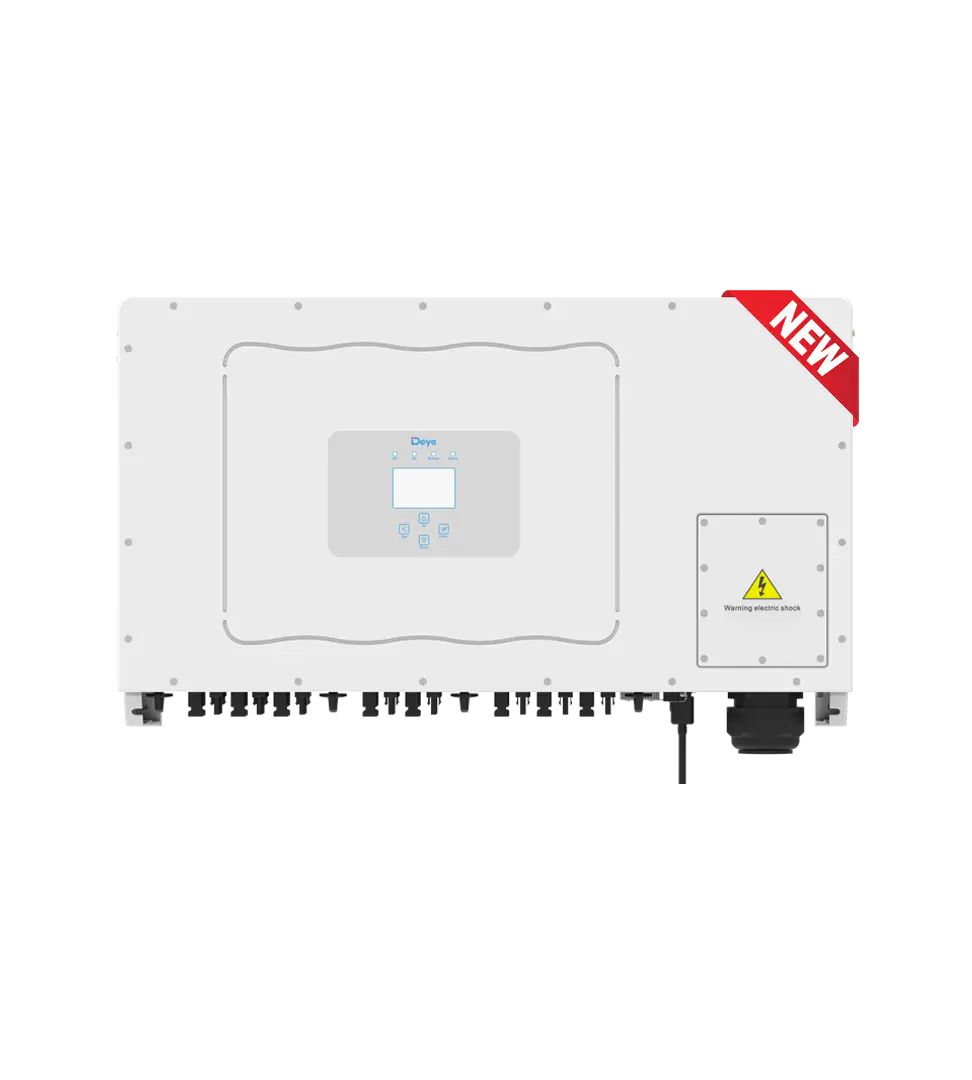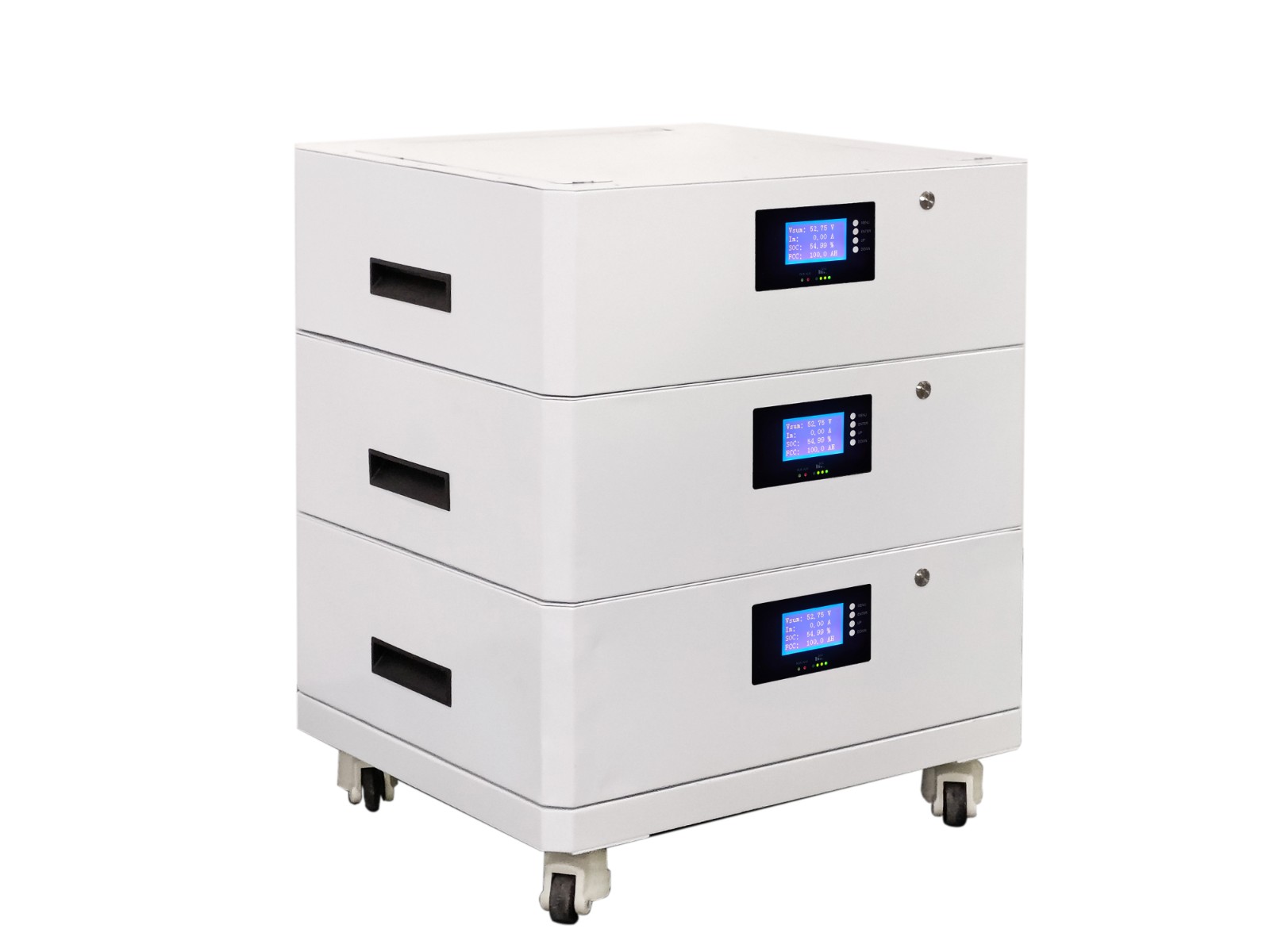Forklifts are an indispensable part of modern industrial and warehouse operations. These powerful machines are essential for moving heavy loads efficiently. One critical component that ensures the smooth operation of forklifts is the battery pack. Forklift battery packs come in various types, each with its advantages and maintenance requirements. In this article, we will explore the different types of forklift battery packs and provide insights into how to properly maintain them to maximize their lifespan and performance.
Types of Forklift Battery Packs
Lead-Acid Batteries
Lead-acid batteries are the most common type of battery used in forklifts due to their cost-effectiveness and reliability. They come in two main varieties: flooded and sealed (also known as maintenance-free or VRLA - Valve Regulated Lead-Acid).
a. Flooded Lead-Acid Batteries: These batteries require regular maintenance as they have open cell vents for topping off water levels. The electrolyte inside is a mixture of water and sulfuric acid. Maintenance includes regularly checking and adding distilled water to maintain proper electrolyte levels. Overfilling or underfilling can lead to reduced battery life.
b. Sealed Lead-Acid Batteries: These batteries are maintenance-free and have no open cell vents, eliminating the need to check water levels. They are also spill-proof, making them a safer choice. However, they are typically more expensive upfront.

Maintenance Tips for Lead-Acid Batteries:
Regularly inspect the battery and cables for signs of damage or corrosion.
Ensure the battery is charged correctly, avoiding overcharging or deep discharging.
Follow the manufacturer's recommended charging and watering schedules.
Clean the battery and terminals regularly to prevent corrosion buildup.
Lithium-Ion Batteries
Lithium-ion (Li-ion) batteries are gaining popularity in the forklift industry due to their longer lifespan, faster charging capabilities, and reduced maintenance requirements. They are known for their high energy density and lightweight construction. Li-ion batteries are also environmentally friendly as they do not contain toxic materials like lead-acid batteries.
Maintenance Tips for Lithium-Ion Batteries:
Ensure the battery is charged within the recommended voltage range to prevent overcharging.
Store Li-ion batteries at optimal temperatures to extend their lifespan.
Regularly inspect for signs of physical damage or overheating.
Follow the manufacturer's charging and maintenance guidelines.
Nickel-Iron Batteries
Nickel-iron (Ni-Fe) batteries, also known as Edison batteries, are a less common but robust option for forklifts. They are known for their longevity and resilience to deep discharges. Ni-Fe batteries can last for decades with proper maintenance.

Maintenance Tips for Nickel-Iron Batteries:
Periodically check the electrolyte level and top off with distilled water as needed.
Clean the battery terminals and connections to prevent corrosion.
Avoid deep discharging, which can reduce the battery's lifespan.
Follow the manufacturer's recommended charging and maintenance procedures.
Maintenance Best Practices for All Forklift Battery Packs
Regardless of the type of forklift battery pack you use, certain maintenance practices apply universally:
Regular Inspections: Conduct routine visual inspections to identify signs of damage, leaks, or corrosion. Promptly address any issues to prevent further damage.
Charging: Follow the manufacturer's charging guidelines to avoid overcharging or deep discharging, which can significantly impact battery life.
Cleaning: Keep the battery and terminals clean and free from dirt, debris, and corrosion. Regular cleaning helps maintain good electrical connections.
Ventilation: Ensure the battery charging area is well-ventilated to dissipate heat and prevent the buildup of hydrogen gas, which is produced during charging.
Training: Train forklift operators and maintenance personnel on proper battery care and safety procedures to minimize the risk of accidents or damage.
Properly maintaining forklift battery packs is crucial to ensure their longevity and optimal performance. The type of battery pack you choose should align with your specific operational needs and budget. Whether it's lead-acid, lithium-ion, or nickel-iron, following manufacturer-recommended maintenance practices will help you get the most out of your forklift batteries, ultimately saving you time and money in the long run while ensuring a safe and efficient working environment.
Contact Person: Miss. Kiki
| WhatsApp : | +8617763224709 |
|---|---|
| Skype : | +8617763224709 |
| WeChat : | +8617763224709 |
| Email : | kiki@lifepo4-battery.com |